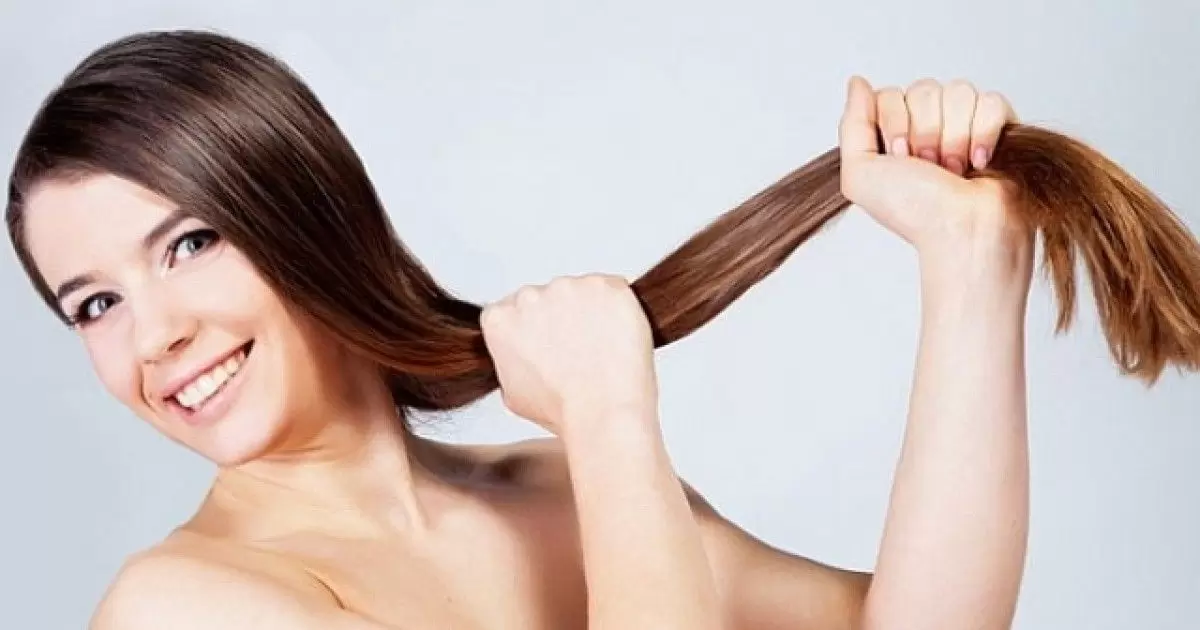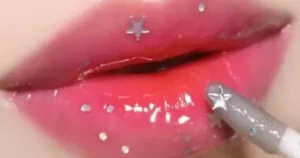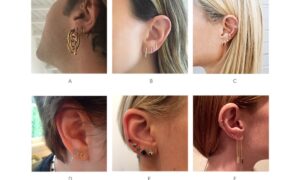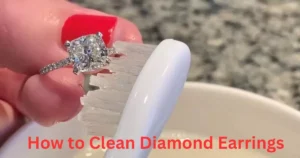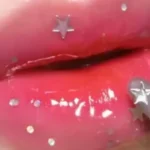Hair plays an important yet often overlooked role in our physical and mental well-being. In this post, we’ll explore the multifaceted relationship between hair and trauma from both biological and cultural perspectives.
Hair and Physical Stress: The Biological Perspective
Our hair can offer clues about what’s happening inside our bodies on a cellular level. Times of extreme physical stress, illness, or malnutrition may cause hair loss or changes in texture, thickness, and growth patterns.
For example, periods of intense stress put our adrenal glands into overdrive, producing excess cortisol and other stress hormones. This excess hormone release can disrupt the normal hair growth cycle, leading to thinning hair. Certain medical conditions like hyperthyroidism or lupus may also impact hair through hormonal imbalances and inflammation.
Malnutrition is another factor. Lack of important vitamins and minerals needed for healthy hair follicles like iron, protein, vitamins B, C, and D can result in dry, brittle hair that breaks easily. Severe calorie restriction may also induce shedding caused by the body’s conservation of resources.
Overall, our hair serves as a biological marker reflecting the inner functioning and nutritional status of our entire system at both acute and ongoing levels of physical stress.
Hair and Emotional Trauma: A Cultural Interpretation
In many ancient cultures and traditions, hair was viewed not just as a physical attribute but as inextricably linked to one’s spirit, energy, and emotional state. For example:
- Native American tribes saw long, flowing hair as a sign of vitality, wisdom, and connection to nature. Cutting it off was seen as extremely traumatic.
- In Egyptian mythology, Isis searched for strands of her husband Osiris’s hair after he was murdered, as his soul and power was believed connected to it.
- Victorians commonly saved locks of a loved one’s hair after death as a memento mori, a reminder of life’s impermanence.
This cultural lens explains why emotional upheavals like abuse, loss, or PTSD are still anecdotally tied to hair troubles in many communities today. From this viewpoint, traumatic events can disrupt one’s spiritual equilibrium and manifest physically in the hair.
Psychological Aspects of Hair and Trauma

Modern science offers explanations for these associations too. When threatened, our autonomic nervous system responds with the famous “fight or flight” activation of the sympathetic NS and suppression of the parasympathetic NS. This imparts a whole-body reaction and restructuring of energy allocation, including changes in appetite, digestion, heart rate, and hair growth.
Moreover, psychological trauma impacts the hypothalamic-pituitary-adrenal axis that regulates our stress response and other body-mind functions. Dysregulation in this complex system has been linked to issues from hair loss to gastrointestinal issues to insomnia. We also know trauma impacts the limbic brain, disturbing memory formation and emotional regulation—both of which color our perceptions of ourselves. When these effects coincide with past cultural beliefs about hair and identity, it’s easy to see why hair troubles could arise or worsen after trauma. The relationship, while multidirectional, is very real.
Join a Group Support Session for PTSD
Dealing with trauma’s mental and physical toll requires compassionate, holistic support. One effective approach is group therapy, where you can safely share your experiences, learn coping skills from others, and help fellow survivors too.
Grouport offers affordable, evidence-based trauma group therapy and DBT skills groups online. Led by licensed clinicians, sessions use a structured curriculum to provide education, emotional processing, and community. Group members report decreases in PTSD symptoms, improved relationships, and more self-confidence.
Whether joining one of Grouport’s existing open groups or starting a private ongoing group, this extra layer of understanding and shared recovery can make an enormous difference in healing from trauma fully—body, mind, and spirit.
The Multifaceted Relationship Between Hair and Trauma
As we’ve explored, hair serves as both a reflection of and vessel for our experiences on multiple interconnected levels:
- Biological: Hair responds to physiological stressors like trauma, illness, nutrition through hormonal/inflammatory changes.
- Cultural: Many ancient worldviews saw hair as intrinsically tied to spirit, soul, and emotional well-being.
- Psychological: Trauma activates our stress response systems on a whole-body level, impacting memory, perception of self, and regulatory functions.
- Energetic: For those who tune into such factors, hair may literally hold and move energy patterns imprinted by experiences.
Rather than seeing hair troubles as superficial vanity issues, honoring their deeper symbolic and practical significance can help trauma survivors heal more fully. Self-care like gentle scalp massages, nourishing hair masks, and regular trims nourish the bodymind connection under duress. Overall, understanding hair’s role invites compassion for ourselves and others through life’s difficulties.
Can Your Hair Hold Energy?
Some believe our hair absorbs and holds onto subtle energetic patterns corresponding to experiences, environments, and how we feel. According to this perspective:
- Each hair follicle acts as an antenna, drawing in and emitting electromagnetic energies.
- Positive experiences like joy, sunshine, laughter leave upbeat energetic imprints that enliven hair.
- Toxic stress, negative emotions, trauma imprint corresponding low-vibe energies that become stuck.
- Hair hence carries a composite “energy signature” reflecting our full life story.
While unproven scientifically, those open to energetic concepts report hair clearing tools like dry brushing, meditation, and sage smudging releasing stuck patterns and lightening both hair and spirit. A shift simply starts with keeping an open mind.
How To Thwart Negative Hair Energy
For those attuned to hair’s energetic nature, here are some techniques to clear out low vibrations:
- Dry brushing before showering exfoliates the scalp and brushes away built-up static.
- Essential oil scalp massages with calming blends like lavender, frankincense move blockages.
- Visualizations of white, gold, or pink lights washing through hair while conditioning.
- Smudging hair with white sage, cedar, or palo santo releases mental/emotional debris.
- Sound baths, gong meditation, and mindfulness practices reset hair’s harmonic frequency.
- Affirmations during brushing like “I release all fears held in my hair” reprogram the energy pattern.
Being gentle yet diligent allows trapped energies tied to difficult hair days to escape for restored vibrancy and joy.
Get an Energy Boost With Hair Toppers
For those facing hair loss or changes, toppers offer camouflage plus an energetic lift. Their verisimilitude fools even the wearer by tricking their senses into feeling the confidence of a full head of hair.
Toppers’ synthetic fibers, like the human hair they mimic, can actually absorb and emit energy. Caring for a high-quality topper with meditations of empowerment, thankfulness or rejuvenation infuses it with positive vibration. The wearer feels enfolded in light, healing frequencies to boost mood and shine through. Some topper wearers report less daily stress simply owning to their ability to radiate self-love outwardly uninhibited.
Toppers epitomize transforming ‘something tragic into something magical.’ For those ready, they lift energy on all levels – physical, psychological, spiritual.
Fall in Love With Your Hair Again
Ultimately, understanding hair’s deeper symbolism allows rekindling our relationship with it through any difficulties. Rather than a source of insecurity, imperfect hair becomes pride in what our body-mind has weathered and wisdom imparted by each silver hair or curly strand.
Learning hair’s language of health and embracing artistic self-expression through styling reconnects the mind-body circuit disrupted by trauma. Tender care like regular trims becomes compassionate maintenance rather than fixing flaws.
In appreciating hair as holistically intertwined with our full human experience, we fall back in love with not just our locks but ourselves – right where we are on the journey of restoring wholeness. Hair holds our memories, yes – but need not define us or limit joy in this moment when bathed in self-compassion.
Conclusion
In closing, exploring hair’s deep links to our overall well-being through both scientific and esoteric lenses provides profound healing opportunities for trauma survivors. Validating lived experiences, honoring hair as intrinsically connected to our whole self, and caring for it with the same compassion we wish to feel inwardly helps restore balance and harmony on physical, emotional, mental, and even energetic levels.
Though a complex relationship, maintaining an open mind allows perceiving hair as yet one more teacher to guide inner transformation and lighten life’s burdens along our journey to wholeness.
